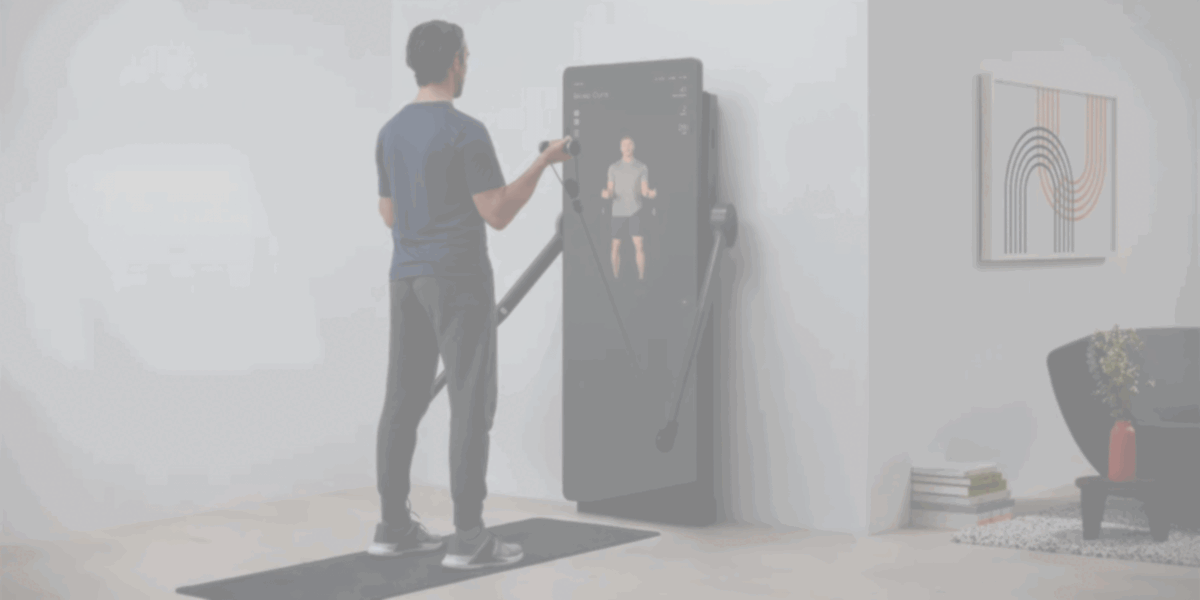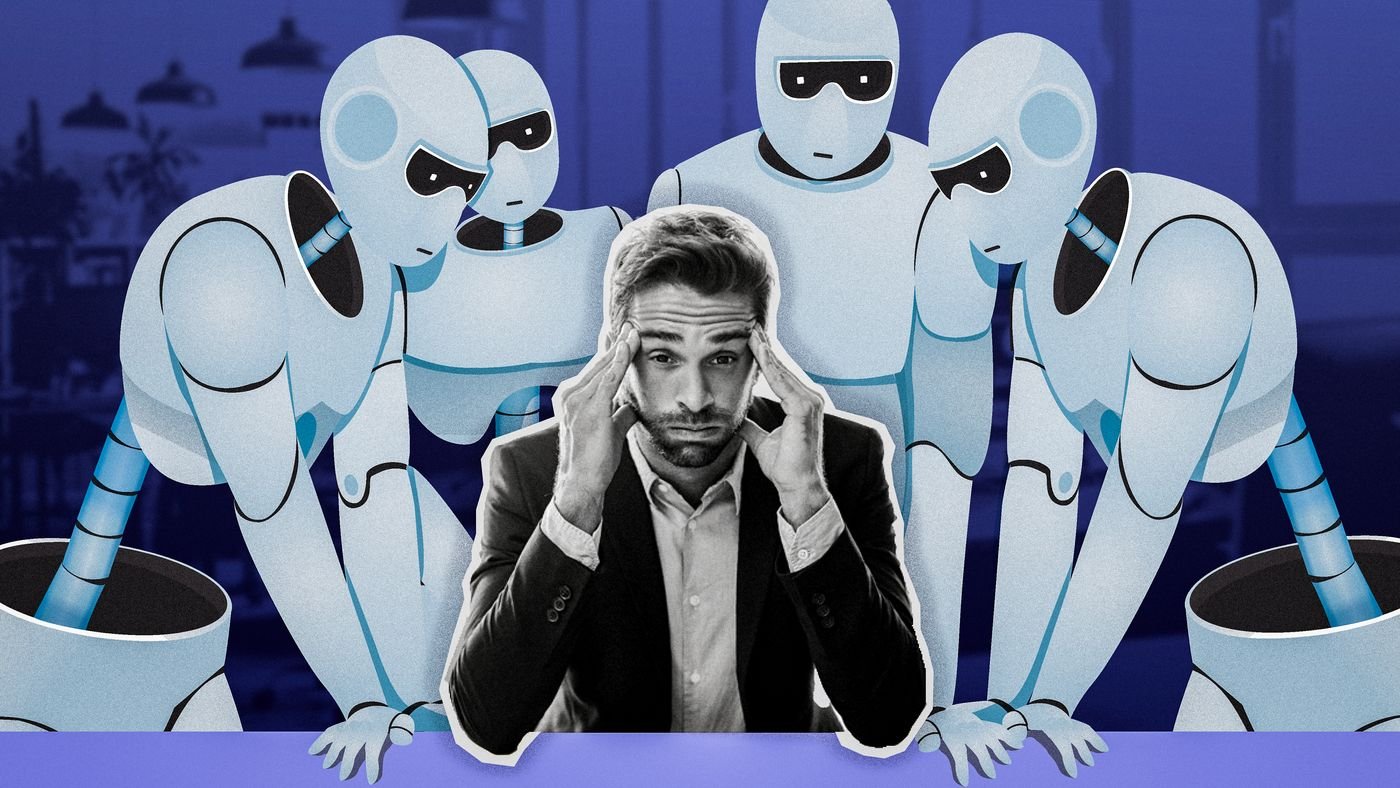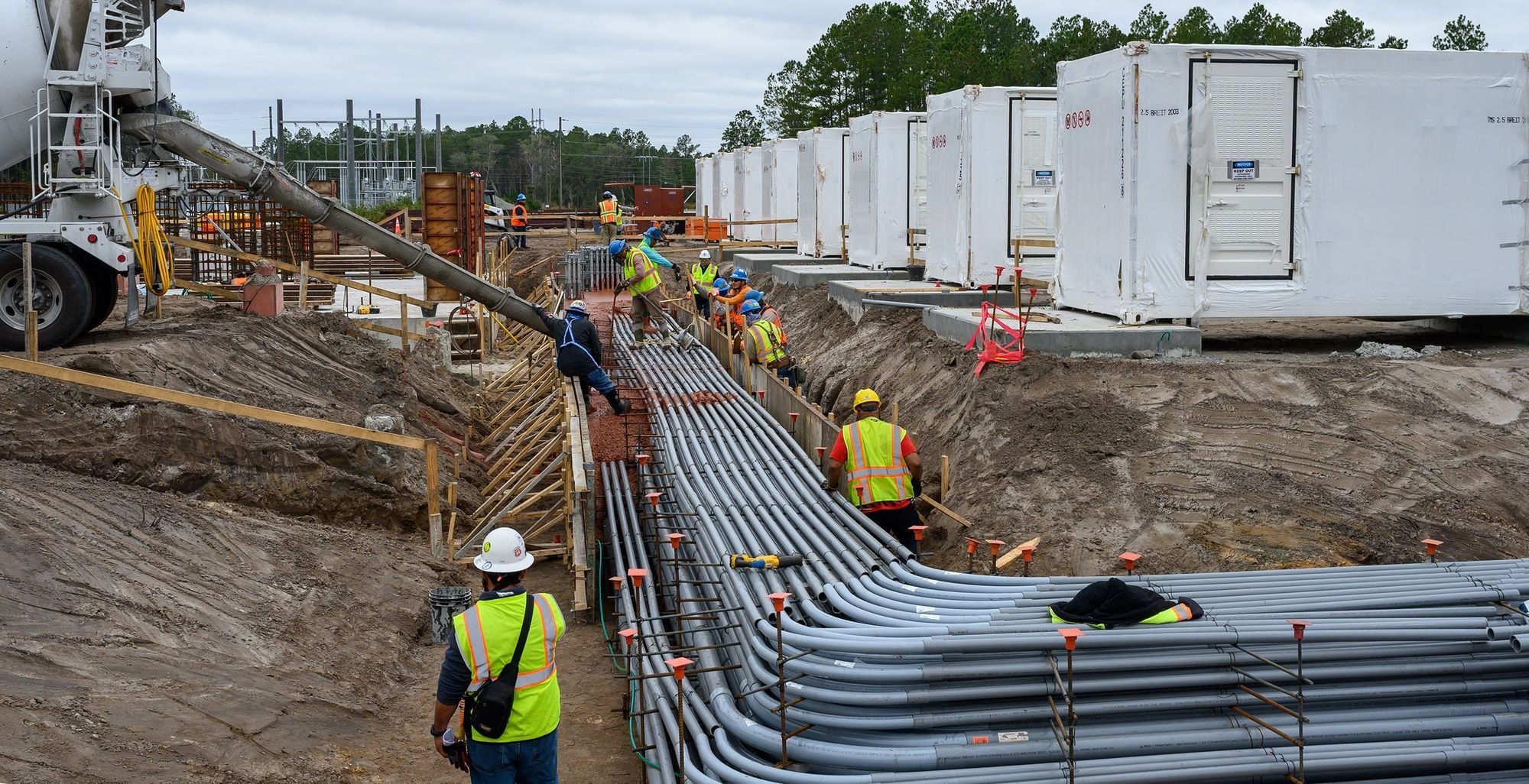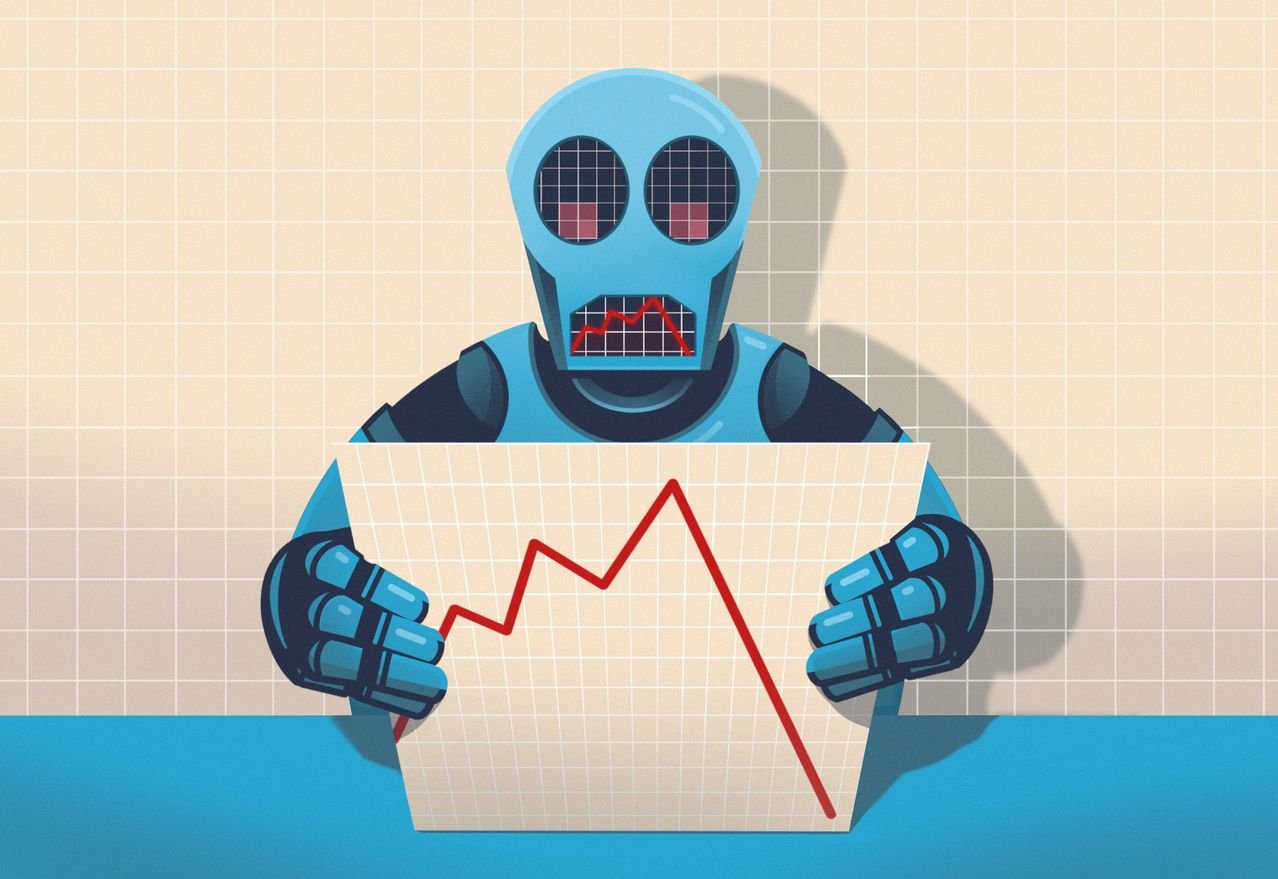“Nvidia reported eye-popping revenue last week. Elon Musk just said human-level artificial intelligence is coming next year. Big tech can’t seem to buy enough AI-powering chips. It sure seems like the AI hype train is just leaving the station, and we should all hop aboard.
But significant disappointment may be on the horizon, both in terms of what AI can do, and the returns it will generate for investors.
The rate of improvement for AIs is slowing, and there appear to be fewer applications than originally imagined for even the most capable of them. It is wildly expensive to build and run AI. New, competing AI models are popping up constantly, but it takes a long time for them to have a meaningful impact on how most people actually work.”
https://www.wsj.com/tech/ai/the-ai-revolution-is-already-losing-steam-a93478b1





















